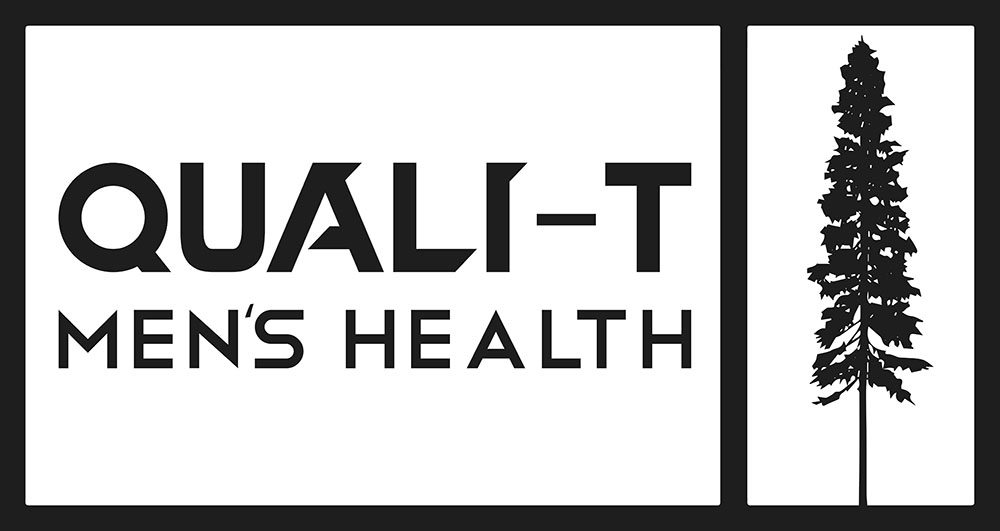
Is Testosterone Replacement Therapy Safe?
Testosterone Replacement Therapy (TRT) is a medical intervention designed to address low testosterone levels, which can impact various aspects of men’s health. However, like any medical treatment, concerns about safety often arise. Let’s explore the safety considerations surrounding TRT.
- Individualized Assessment: Safety begins with a comprehensive evaluation. Before initiating TRT, we will conduct thorough assessments, including comprehensive blood tests, to accurately diagnose low testosterone levels. We will rule out any other issues such as hypothyroid, anemia, etc. This individualized approach ensures that the treatment aligns with a person’s specific health needs.
- Monitoring and Adjustments: Once on TRT, regular monitoring is essential. We will closely track hormone levels and adjust the treatment plan as needed. This ongoing supervision helps mitigate potential risks and ensures the therapy remains tailored to an individual’s changing health status.
- Potential Side Effects: While TRT is generally well-tolerated, some individuals may experience side effects. These can include fluid retention, acne, or changes in mood. It’s crucial to communicate openly with our providers about any concerns, allowing for timely adjustments to the treatment plan. This is why you receive our cell phone number for quick and easy contact.
- Cardiovascular and Prostate Health: Controversies have surrounded TRT and its potential impact on cardiovascular and prostate health. Current research suggests that when appropriately prescribed and monitored, TRT is generally safe for the heart and prostate. Please see the TRAVERSE trial for more information.
- Bone Health: Testosterone plays a role in maintaining bone density. Concerns about TRT and its impact on bone health have been raised, but evidence suggests that when administered properly, TRT has a positive effect on bone density in individuals with low testosterone.
- Long-Term Effects: Long-term safety data on TRT are still evolving, and researchers continue to study its impact. It is crucial to weigh the potential benefits against any risks and make informed decisions in consultation with healthcare providers. Some long term benefits include: increased muscle and bone health, which is extremely important as we age, improved blood sugar, improved cholesterol, and overall improved quality of life.
In conclusion, when prescribed and monitored by the qualified healthcare professionals at Quali-T Men’s Health, TRT is generally considered safe. However, individual responses can vary, and close collaboration with healthcare providers is key to ensuring the treatment’s safety and effectiveness. If you’re considering TRT, engage in open communication with us, discuss any concerns, and make decisions based on a thorough understanding of your unique health profile. Always consult with a healthcare professional for personalized advice tailored to your specific situation.





